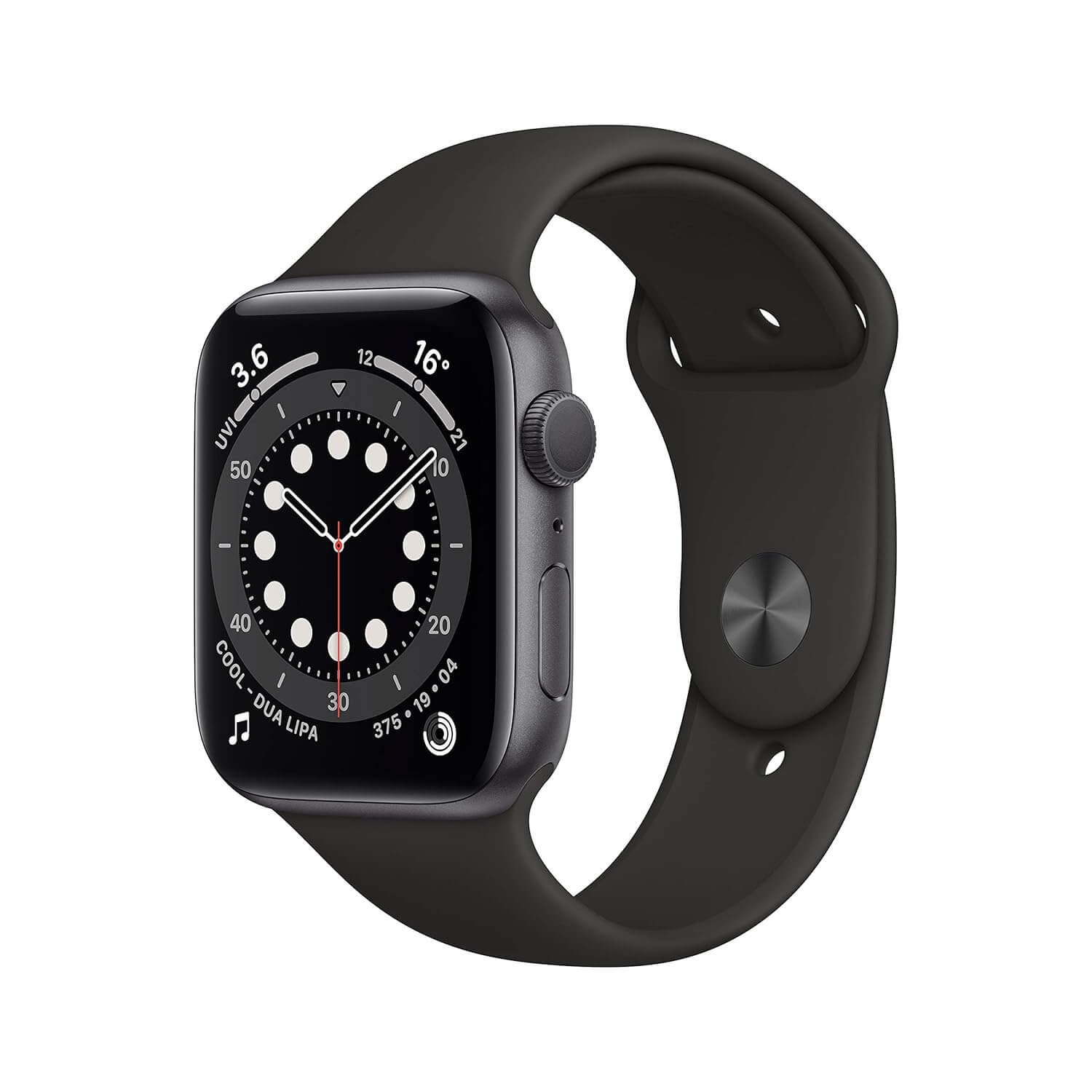Introduction
For iPhone users, keeping their battery in top shape is essential. Just as batteries are components that wear out with time, so too does their effectiveness diminish. The term "battery health" refers to a battery's ability to hold a charge and power the device, playing a crucial role in how well the iPhone functions.
Consider the analogy of our bodies requiring nutritious food to stay healthy. Similarly, our phones need appropriate care for optimal battery health. Intensive activities like gaming, content creation, and photography can sap the battery quickly. Conversely, lighter tasks such as texting or browsing social media might not impact the battery as much.
Central to battery health is the concept of charging cycles. A cycle occurs when the phone is charged from 0% to 100% and then used until it's drained back to 0%. To keep the battery healthy, it's advised to let it discharge to about 20%, then recharge it fully. This habit can prolong the battery's life and maintain its condition.
When a battery's capacity drops significantly, affecting the iPhone's performance, replacing it is a viable solution. It's crucial, however, to use genuine chargers and avoid overcharging, which can harm the battery.
By grasping these aspects of battery health and practicing effective charging routines, iPhone enthusiasts can keep their batteries at peak performance. This not only ensures smoother operation but also extends the device's battery life, thereby elevating the overall user experience.
Tips for Maintaining Battery Health
Maintaining your iPhone's battery in top condition is crucial for its performance and longevity. Here are some strategies to keep your battery healthy:
• Minimize Intensive Activities:
Activities like heavy gaming, content creation, and extensive photography can deplete your battery quickly. It's wise to engage in these activities moderately to extend your battery's life.
• Smart Charging Practices:
Good charging habits are key. It's best to start charging your phone when the battery level drops to about 20% and charge it fully to 100%. Avoid leaving your phone on the charger for too long after it's fully charged, as this can strain the battery.
• Periodic Full Discharge:
Regularly draining your battery completely isn't recommended, but letting it drop to about 20% occasionally can recalibrate the battery, aiding in its longevity.
• Implement a Consistent Charging Cycle:
A consistent charging routine, where you charge the phone completely from 0% to 100% and then let it discharge back to 0%, is beneficial for battery health. Try to complete a full cycle like this every few weeks.
• Keep Away from Extreme Temperatures:
Both very hot and very cold temperatures can harm your battery. Avoid leaving your iPhone in places where it can get too hot, like in direct sunlight, or too cold.
Following these guidelines will help you maintain your iPhone's battery health effectively. It's important to remember that all batteries naturally degrade over time, but these tips can help slow down that process.
The Secret to 100% Battery Health
To preserve the health and longevity of your iPhone's battery, it's crucial to adopt some simple yet effective habits. Here's a guide to keeping your battery at its best:
1. Maintain a Balanced Charge Level:
Aim to keep your iPhone's battery charge between 20% and 80%. Allowing the charge to drop below 20% or exceed 80% can cause undue stress on the battery, which can degrade its performance over time.
2. Avoid Extremes of Charging and Discharging:
Regularly draining your battery to 0% can be harmful in the long run. It's better to recharge once it reaches around 20%. Likewise, charging your phone to a full 100% isn't recommended either. Both practices can strain the battery, reducing its effective lifespan.
3. Embrace Regular Charging Cycles:
While it's good to avoid full discharge and charge, it's also beneficial to occasionally go through a complete charging cycle (from 0% to 100%, then back to 0%). Doing this every few weeks can recalibrate your battery and optimize its performance.
4. Understand the Inevitability of Battery Wear:
Despite your best efforts, it's important to recognize that batteries are consumable items that will naturally degrade over time. If you notice a significant decline in battery capacity and performance, consider a battery replacement. Ensure you use genuine parts and avoid overcharging the new battery.
In summary, maintaining your iPhone's battery health involves balancing your charging habits, avoiding the extremes of charging and discharging, and understanding when it's time for a battery replacement. By following these steps, you can ensure your iPhone's battery performs optimally and lasts longer.
FAQ
1. Do I need to replace the battery to keep it at 100% health?
Changing the battery regularly can help with its health, but it's not always needed. Good charging practices and avoiding overuse can keep your battery healthy without needing to replace it.
2. What if my battery's health falls below 80%?
When battery health goes under 80%, you might see less performance and the battery might not last as long. It's important to keep an eye on your battery's health and think about getting a new one if needed.
3. Does using a genuine charger make a difference for battery health?
It's very important to use a genuine charger for your battery's health. Cheap or fake chargers can harm the battery and shorten its life. Always use the chargers from the manufacturer.
4. Is it okay to charge my phone all night?
Leaving your phone charging all night can stress the battery and might lead to overcharging. It's better to unplug your phone when it hits 100% to prevent extra stress on the battery.
5. How often should I let the battery run down?
Letting the battery go down to about 20% now and then can help reset it, but you don't need to do this often. Try not to let the battery completely drain too often as it can lessen its life.



